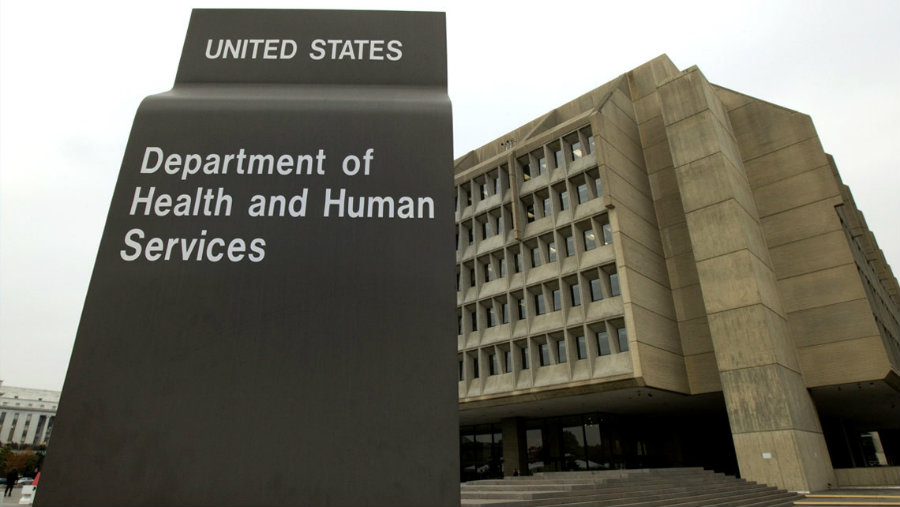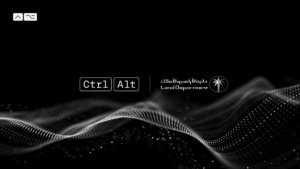US government agencies have been studying blockchain technology to build solid and transparent data processing platforms for various industries since 2015. The Department of Health and Human Services (HHS) plans to be the first government agency to implement This technology to ensure medical records.
The HHS Strategy in Blockchain Solutions Active Development.
The Office of the National IT Health Coordinator within HHS has been collaborating with several blockchain consortia and institutions, including the Digital Chamber of Commerce to test the efficiency of the block chain in obtaining health records.
Recently, the two organizations organized a “code-a-thon”, a hackathon blockchain, to observe the potential of this chain within the health industry. The National IT Health Coordinator invited developers to build block-based platforms that could be used by HHS to assist public and private companies in the US.
At the end of the competition, block developer and engineer Tom Nguyen received the first prize of $ 15,000 for his application called Health Passport, which allows customers and clients to send medical reports to health or medical companies with cryptographic tests.
Bitcoin, for example, is a peer-to-peer protocol that is supported by the block chain among many other technologies. Within Bitcoin, the block chain functions as a database solution that stores and processes transactions. One of the advantages of using blockchain technology is that it guarantees transparency and real-time processing of data. Therefore, in bitcoin, each transaction contains a signature or cryptographic test that is verified when it is processed.
The Nguyen application and the block-based health records storage platform that HHS envisions operate similarly to bitcoin in the sense that health records are treated identically to how transactions are handled in bitcoin. Each record has a cryptographic key that is difficult to hack or exploit.
Currently, there are two ways HHS could take to developing its health record storage platform. The department can use the Ethereum block chain that is being used by many multi-million dollar banks and technology companies such as Microsoft and JP Morgan.
In fact, the Ethereum Foundation recently introduced the Enterprise Ethereum Alliance, an association of leading companies and organizations dedicated to the development of applications based on smart contracts. The alliance is led by Microsoft and JP Morgan, who are developing several applications that fit their operations. The use of smart contracts has been the backbone of the Ethereum Foundation, and will continue to grow in adoption for a variety of uses.
The adoption of solutions based on blockchain technology will undoubtedly continue to expand for the benefit of society at large.










